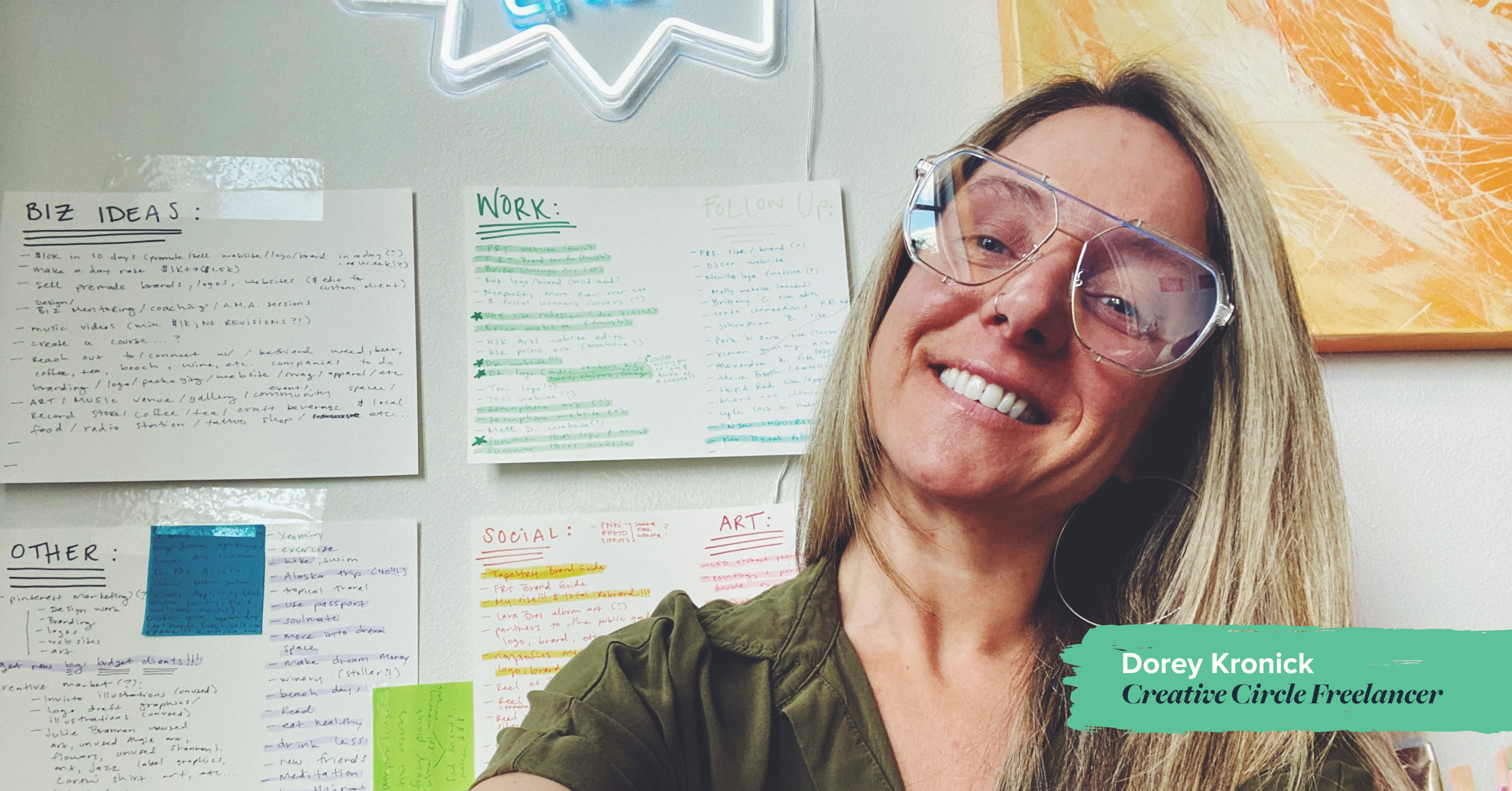Media planners do exactly what it sounds like they do — plan media buys, but what does that really mean?
Successful ad campaigns are targeted ad campaigns. When you find yourself surfing the web and see ads for brands you are interested in — their placement is orchestrated by (drumroll)…media planners. These specialists are responsible for identifying which media platforms are best for advertising a client’s product or brand. Media planners are the maximizers of an ad campaign’s reach to a client’s target audience — the conduit by which advertising lands in magazines, billboards, websites, television, radio, direct mail, and more.
Media planners produce action plans for advertising campaigns from pre-defined marketing objectives.
WHAT DOES A MEDIA PLANNER DO?
Media planners typically work within advertising or media planning/media buying agencies to maximize the impact of advertising campaigns. Part of the work involves using mathematical formulas to analyze demographic data to determine the best ad placement. Some media planners track their advertising planning performance on the back end, calculating return on investment — or ROI — to ensure they receive good value for their advertising spend.
The three main specialties within media planning are determined by advertising format.
- Traditional advertising includes television, radio, print (from magazines to newspapers and direct mail), and outdoor (think billboards, bus stops, subway platform posters).
- Interactive marketing includes banner ads, web ads, mobile apps, email blasts, native advertising, and social media, among other digital platforms.
- Engagement marketing includes experiential campaigns (which can range from events to immersive environmental concepts), point-of-purchase (like in-store demos), and behavioral marketing (which can span from viral marketing campaigns to street teams).
It’s a changing landscape; agility is vital. To succeed in their jobs, media planners must keep in tune with culture as it ages and changes values. The way people consume media content is in a constant state of flux. Individual channels become more or less relevant and useful at reaching specific demographic groups — which is why media planners need to keep abreast of new forms of advertising and media to ensure that the brands and products they represent maintain a strong position in the marketplace.
WHAT’S THE DIFFERENCE BETWEEN A MEDIA PLANNER AND A MEDIA BUYER?
Say hello to two of the most important cogs in the great advertising machine: media planners and media buyers. While the two roles are often lumped together, media planning and media buying are distinct; it is likely best to describe their relationship in the mediascape as a symbiotic one as their individual roles experience peak performance when working in tandem. Most media professionals know that an integrated approach to creating, planning, and broadcasting delivers the best ROI for advertising campaigns.
Together, media planners and media buyers connect media strategy elements to an actual media platform. Without them, advertising campaigns would wallow in the darkness of creative obscurity instead of garnering potential consumers’ attention.
Media planners are tasked with figuring out what media platform will be the most effective for a particular campaign. They research the best way to achieve the client’s aims while outlining specific campaign goals and objectives. And they set how the budget should be allocated across the various media platforms chosen.
The primary roles of a media planner include:
- Conducting external market research to assess the lay of the media land for a client’s particular field, looking into how a brand is currently advertising, what their competitors are doing, what inspires and motivates their target audience, and what media channels have been most effective in reaching them.
- Conducting internal market research to uncover what a client’s brand identity really is, what unique value proposition and selling points are, and get a sense from demographic research who the particular customer personality is.
- Setting campaign goals and objectives for what is likely the most essential interface for an advertising campaign. The nexus between what a client hopes to achieve and what media planners believe can be achieved is the crux on which campaigns’ success rests.
Media buyers receive the media strategy from their media planners for an ad campaign — and then ensure that the ads are featured in the most appropriate media channels, as cost-effectively as possible. Successful media buyers possess an intimate understanding of the media landscape and have cultivated and nurtured relationships with media vendors throughout their professional lives.
The primary roles of a media buyer include:
- Cultivating and leveraging contacts is the heart of media buying. Who you know may well trump what you know for successful media buyers — media buyers have to know the right people in the right places.
- Knowing where the space is and how to get it (for a good price) is the name of the media buying game. The right people matter, but they have to be in the right places for a client’s campaign. The goal? Find the perfect space to get the best exposure for a client, yielding the best return for the best price. Phew.
- The ability to tweak and finesse a campaign in motion is also paramount. Once the strategy is handed off from the media planner to the media buyer, it is up to the media buyer to optimize the platforms and channels used to ensure the campaign’s effectiveness across its lifecycle.
YOU NEED THESE ATTRIBUTES AND CHARACTERISTICS TO SUCCEED AT BEING A MEDIA PLANNER
- Excellent research skills. This job is all about assessing the market and media landscape and figuring out the best media platforms for a brand’s products or services.
- A deep understanding of consumer media consumption and marketing is essential for media planners to set the strategy for advertising campaigns.
- A data-first mindset to research and interpret demographic data helps planners ascertain the best action plan for an advertising campaign.
- People skills. A media planner liaises with clients, consumers, cross-functional agency staff, and researchers — being a people person is essential for success.
KEY RESPONSIBILITIES OF A MEDIA PLANNER
- Analyze and interpret data and undertake relevant demographic and media platform research for advertising campaigns
- Connect the dots between internal teams, clients, and media buyers
- Perform research and analysis of media landscape using Nielsen, Kantar, iSpot, and other research platforms
- Evaluate and keep up with new media platforms and advertising opportunities
- Utilize web analytics tools to monitor digital campaigns
- Produce strategy briefs for media buyers
- Coordinate, monitor, and evaluate media campaigns and strategies
- Identify and understand target audiences
QUALIFICATIONS
Most media planning professionals hold a bachelor’s degree, with majors in marketing, communications, or public relations. In terms of personality, this is a people person, numbers loving role — you’ll need to like both to succeed. It is useful to have experience in both advertising and media outreach and learn how to utilize media research strategies like Nielsen research tools.
SALARY
The average salary for a media planner in the United States is $72,516.
About the author.
An award-winning creator and digital health, wellness, and lifestyle content strategist — Karina writes, edits, and produces compelling content across multiple platforms — including articles, video, interactive tools, and documentary film. Her work has been featured on MSN Lifestyle, Apartment Therapy, Goop, Psycom, Pregnancy & Newborn, Eat This Not That, thirdAGE, and Remedy Health Media digital properties.




